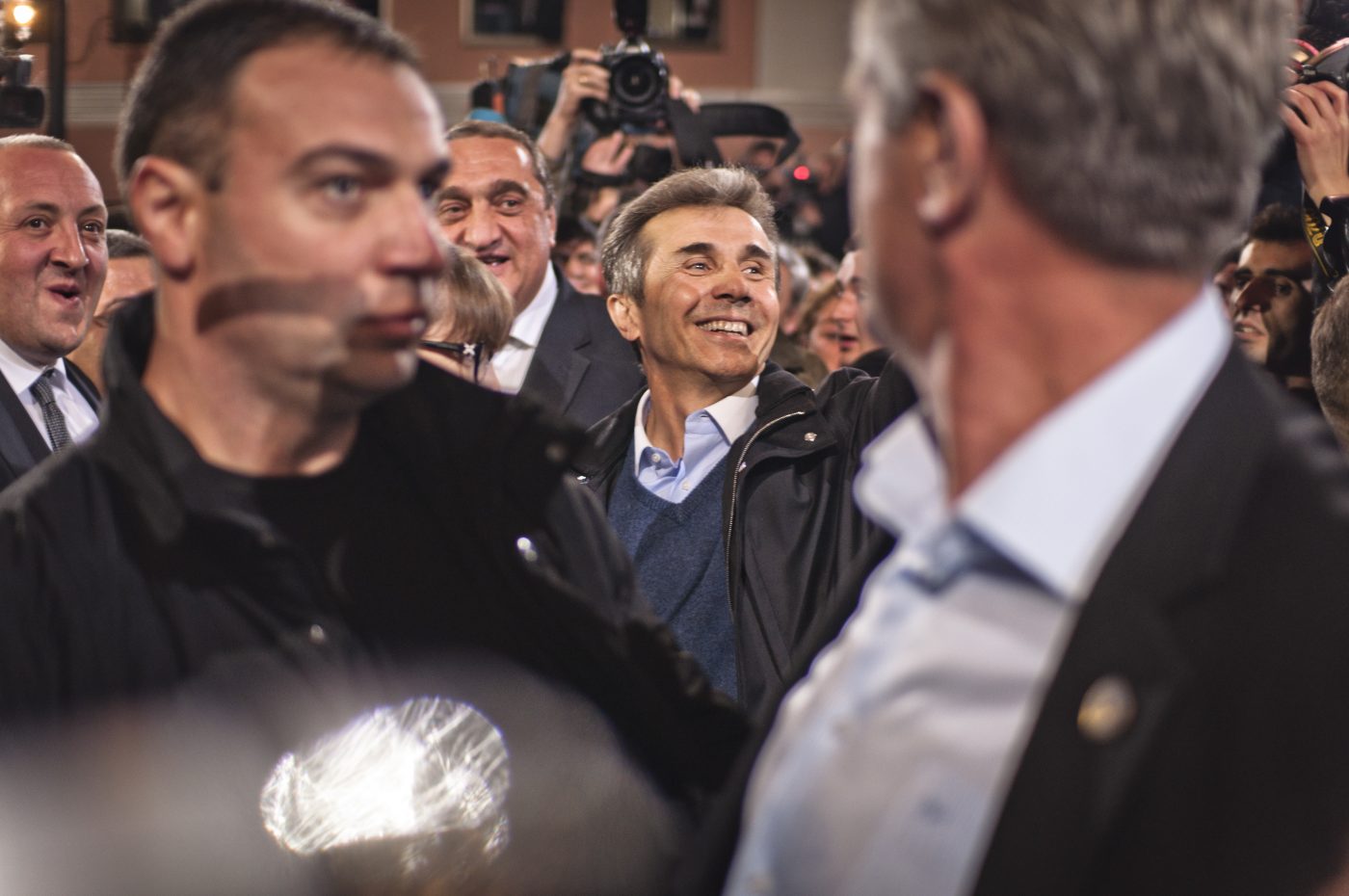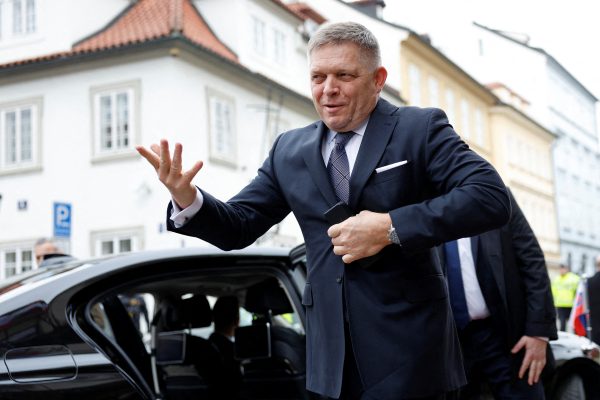Georgian politics are far from predictable, as proved once again on December 30 when the billionaire founder of the country’s Georgian Dream ruling party, Bidzina Ivanishvili, announced his return to frontline politics.
Having declared his permanent retirement three years ago, and a previous one before that, Ivanishvili’s latest comeback had the whiff of a major rock star who can’t stay out of the limelight.
Ivanishvili’s tunes aren’t to everyone’s taste — the European Parliament had accused him of strong ties to the Kremlin and of running the government behind the scenes even before the announcement — and the full implications of his return are unclear. (He denies the parliament’s accusations and says he supports Georgian membership of the European Union and NATO.)
Very likely his return as honorary chairman is linked to the upcoming parliamentary elections scheduled for the fall of this year. Slightly confusingly, Ivanishvili argued that his presence was needed because the current leadership of his party was not being held to account by the opposition.
That hints at two things. Firstly, the weakness of the opposition; the polls show Georgian Dream far ahead of the opposition with 19% backing compared to 5% for the opposition United National Movement.
And secondly at the true in the polls — apathy. Huge swaths of Georgian society are profoundly disaffected by the noxious political atmosphere and many will demonstrate this by abstaining. Several polls show that up to 50% of the electorate say they do not trust any political force and are unlikely to participate in the elections.
It is clear that the population has largely lost confidence in the ruling party, though Ivanishvili explicitly denied this.
Clearly, victory through apathy is not a great outcome for any political party. As Ivanishvili indicated, the Georgian Dream will need to win back the support of ordinary citizens. Work to strengthen the party before the elections could therefore be regarded as an important motivator behind his latest decision.
His return may be also related to the presidential elections scheduled alongside the parliamentary ballot later this year for which the ruling party has introduced new election rules, and has traditionally experienced tough competition from the opposition.
Opposition leaders argue his return is designed to lessen the chances of international sanctions, and perhaps even facilitate fulfillment of the nine outstanding conditions that the EU has laid out for Georgia. Sanctions are already an issue, with the US targeting a group of senior judges, known as “The Clan” for alleged corruption. The four men deny the US statement, but the possibility of further measures remains.
Ivanishvili’s behind-the-scenes influence has long sparked concerns among the opposition and the country’s foreign partners abroad. His outsize influence has been evident in finances and political prestige at home. Bloomberg recently published updated figures showing Ivanishvili’s net income increased to $6.5bn, equivalent to about a quarter of the annual Georgian GDP. His resources can therefore serve as a powerful backup to the ruling party.
The wider geopolitical setting is also an issue. Thus his return coincides with the lengthy process of “de-oligarchization”, a key element of EU accession talks for all of Central and Eastern Europe. With Ivanishvili now openly at the helm again, the European Commission Brussels might, at least outwardly, be somewhat less concerned about this issue (or so the political elite will hope.)
In his speech, Ivanishvili also highlighted the escalating complexity of the geopolitical landscape around the country and its mounting challenges.
This cannot be denied. As Georgia progresses along its path to EU membership, Tbilisi’s relations with the Kremlin will be further challenged.
As a man who made his fortune in post-Soviet Russia and who still maintains significant links to Russian political and business elites, Ivanishvili’s return might aid the country’s relations with its northern neighbor. The balancing act will be interesting to watch, especially given that the other major foreign policy ambition that Ivanishvili mentioned in his return address was Georgia’s quest to join the EU.
Ivanishvili’s return underlines that Georgian politics remains largely a matter of personalities. This might be a good thing in a highly unstable geopolitical setting but is quite damaging in the longer run. Solid, independent institutions and power-sharing are key requirements of EU membership negotiators.
Ivanishvili’s comeback also highlights the glaring absence of a strong personality in the Georgian opposition, which stands little chance in the 2024 elections unless it can coalesce, evolve, and bring forward a powerful figure.
Emil Avdaliani is a professor of international relations at European University in Tbilisi, Georgia, and a scholar of silk roads.
Europe’s Edge is CEPA’s online journal covering critical topics on the foreign policy docket across Europe and North America. All opinions are those of the author and do not necessarily represent the position or views of the institutions they represent or the Center for European Policy Analysis.





